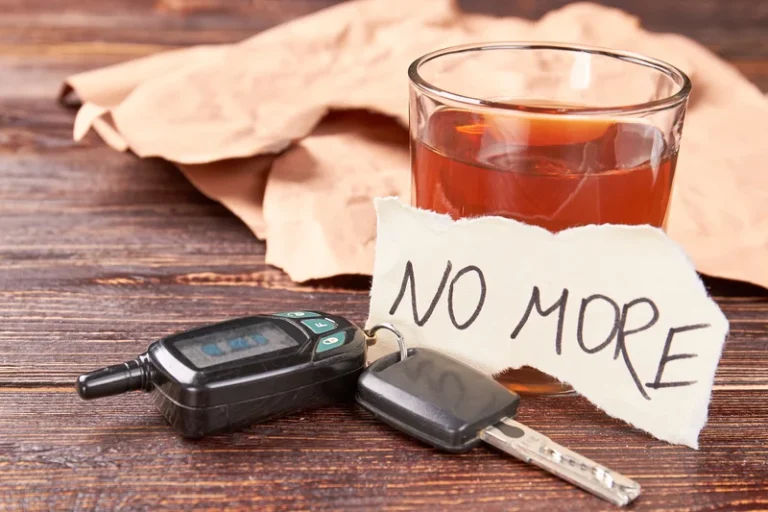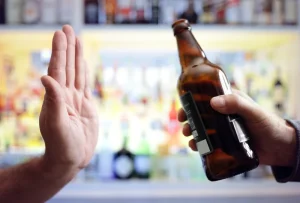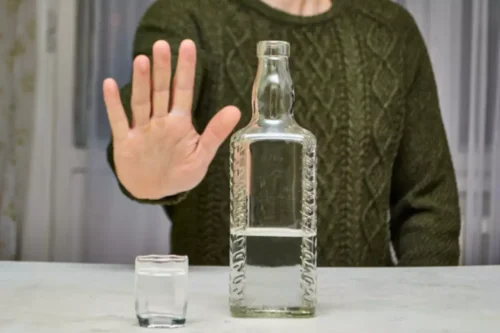
When the effect of alcohol wears off, the brain finds it difficult to cope with an increase in activity. This makes the nervous system hyperactive, which may result in shakes or tremors. This article will review alcohol shakes, their causes, treatment, the other signs of alcohol withdrawal, and when a person should contact a doctor. Alcohol shakes how to stop tremors from alcohol are a common symptom of alcohol withdrawal that may occur when a heavy or long-term drinker stops drinking. If someone believes they may be experiencing alcohol use disorder or are experiencing tremors regularly, they should speak with a healthcare professional. Hangover shakes can be a warning of more severe alcohol withdrawal symptoms to come.
Treatment for Alcohol Shakes and Tremors
- If you or someone you know is experiencing alcohol shakes, it’s important that you reach out to a clinic like our Florida alcohol rehab center and get help today.
- Family and friends can provide encouragement and support when you stop drinking.
- The most effective way to prevent hangover shakes is to avoid alcohol use.
Sometimes, the most severe symptoms of alcohol withdrawal symptoms can be life threatening. People with a history of AUD who want to quit drinking should contact a specialist who can help them and oversee the gradual withdrawal from alcohol. Alcohol shakes, or tremors, are a symptom of alcohol withdrawal that may occur in people when they quit drinking or significantly reduce their alcohol consumption. If you’re concerned that your tremors might be the result of withdrawal, it’s best to reach out to a healthcare professional.
Frequently Asked Questions on Alcohol Withdrawal

Alcohol has a slowing effect (also called a sedating effect or depressant effect) on the brain. In a heavy, long-term drinker, the brain is almost continually https://ecosoberhouse.com/article/alcohol-relapse-signs-symptoms-stages-stats/ exposed to the depressant effect of alcohol. Over time, the brain adjusts its own chemistry to compensate for the effect of the alcohol.
What are the symptoms of a hangover?
For more information about the alcohol treatment programs we offer and how we can help you end your battle with alcohol and get back to a healthy life, contact FHE Health today. While alcoholic shakes may be a common condition for those struggling with alcohol addiction or long-term alcohol use, they’re not something to be taken lightly. As we talked about above, consuming too much alcohol has a very dehydrating effect on your body, and your nervous system tries to start recovering balance as the alcohol wears off. Shakes in this situation may just be a sign of a bad hangover and can be remedied with rest, hydration, light exercise and not drinking more. However, it is important to note that shaking after drinking does indicate that you’re drinking too much. It’s much better to focus on something you enjoy than to focus on the discomfort of your withdrawal symptoms.
Alcohol shakes vs. delirium tremens
It often raises many questions, especially regarding effective strategies for managing symptoms and ensuring safety. Withdrawal symptoms could be caused by muscle twitching after drinking if you are over-dependent on alcohol. This is due to the sympathetic nervous system becoming overactive without alcohol to depress it. Body twitching during the day or in your sleep can also be due to stress, anxiety, dehydration, a reaction to stimulants or nutritional deficiencies.

How can I prevent a hangover (or reduce its severity)?
